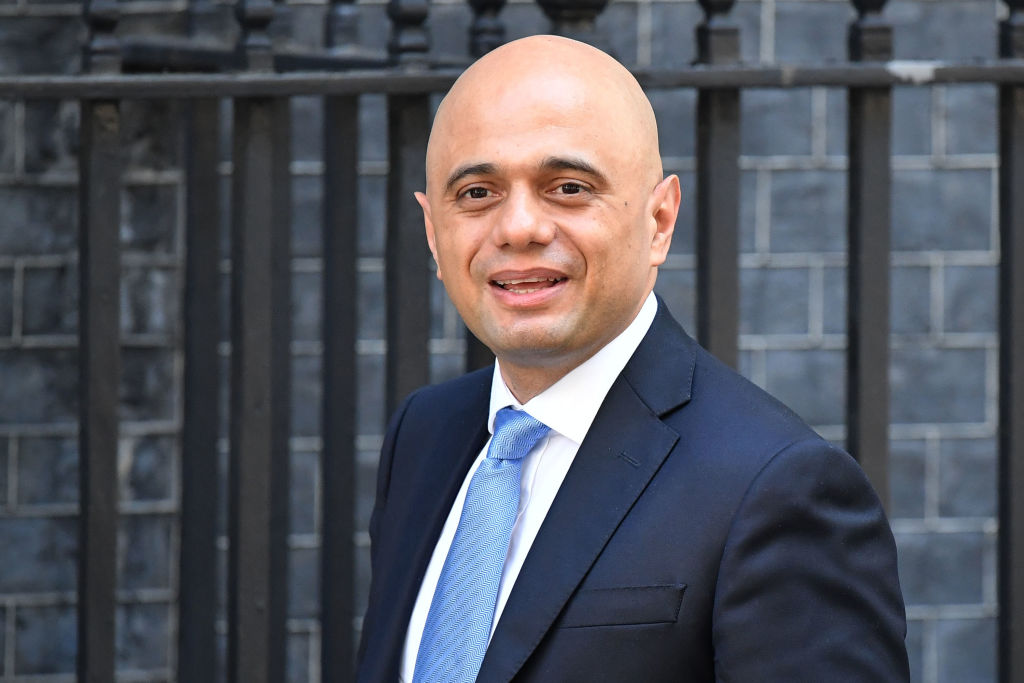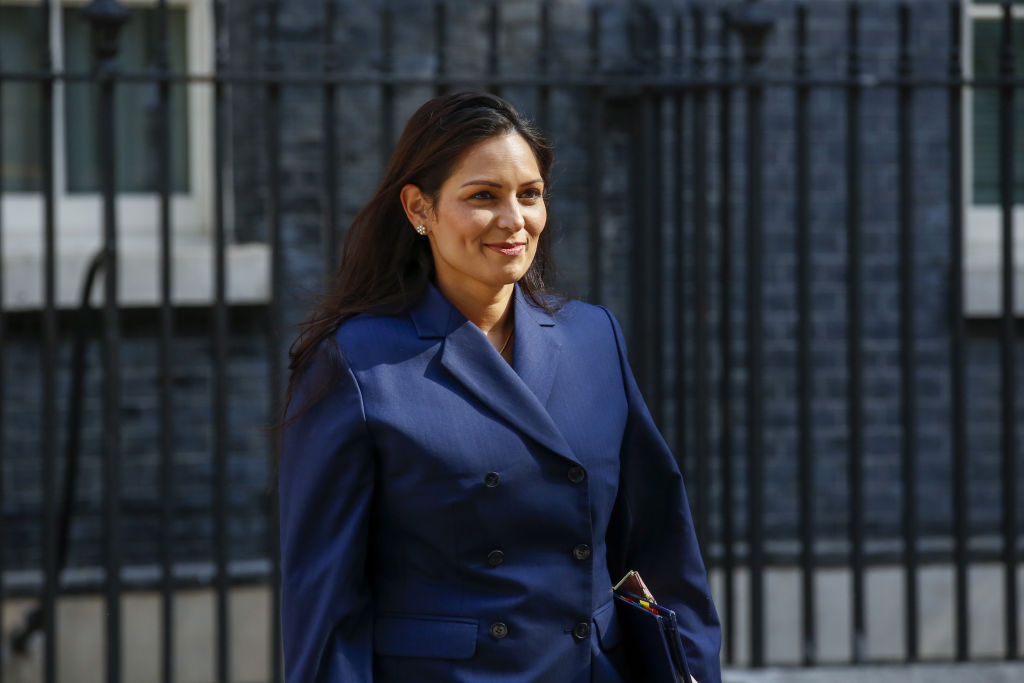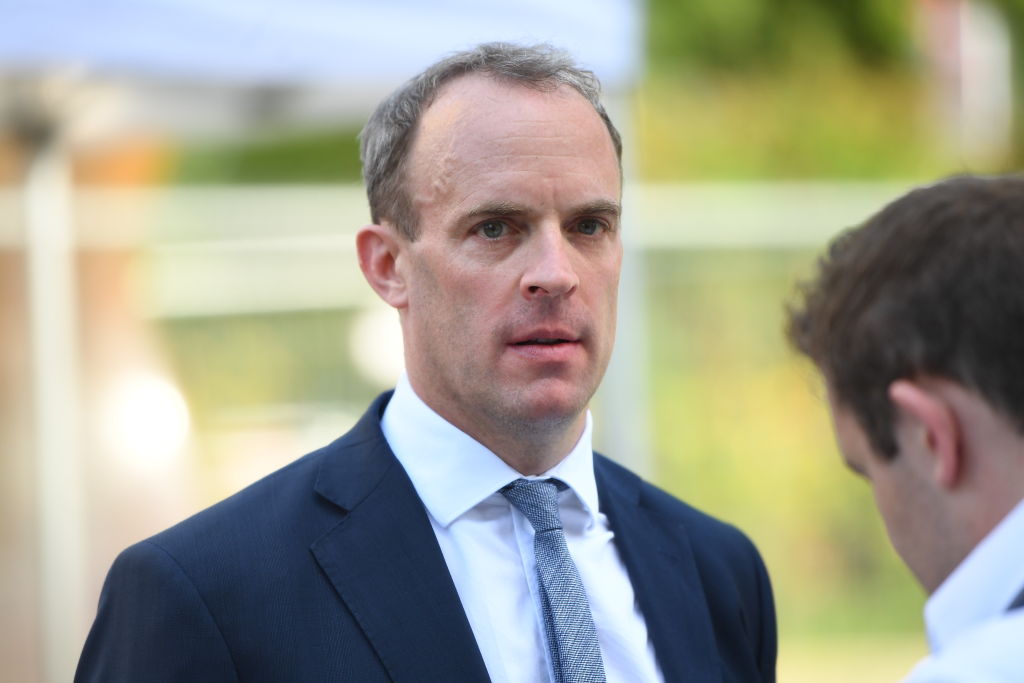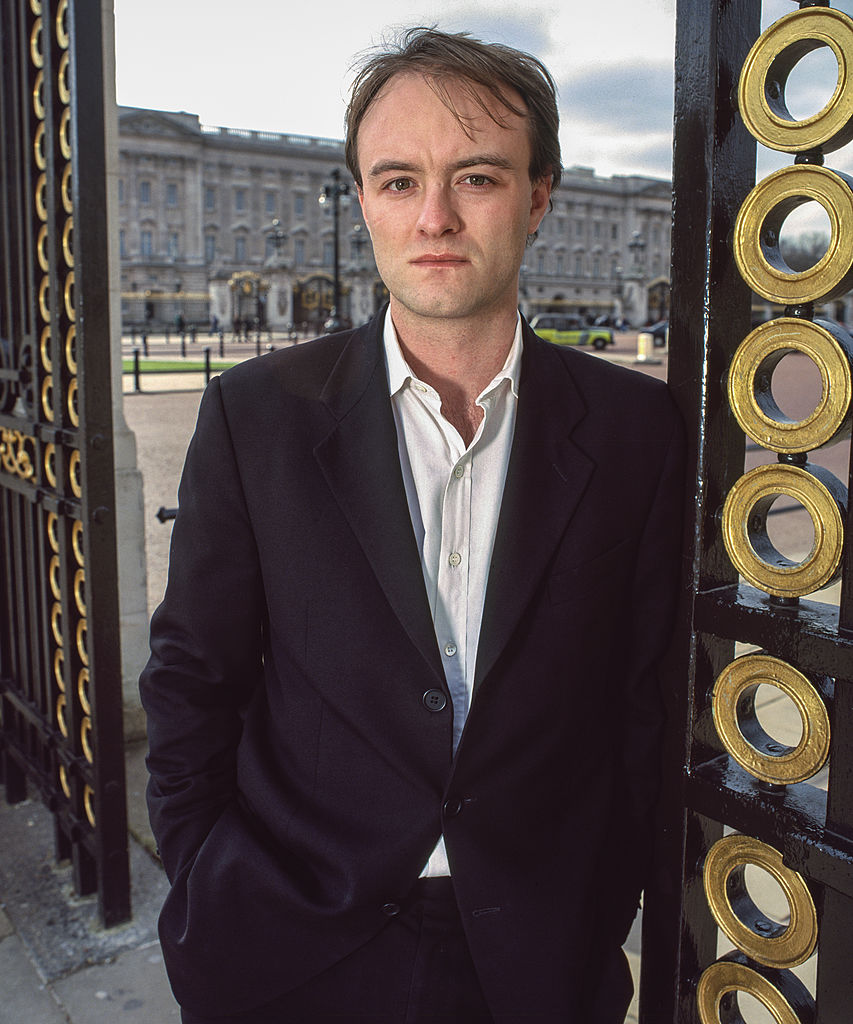By the time night fell on Boris Johnson’s first day as British Prime Minister, he had got rid of more than half of his cabinet of senior ministers. Most of them had been fired; some resigned before they were pushed.
By Wednesday evening, each of the four so-called “great offices of state”—prime minister, chancellor of the exchequer, home secretary and foreign secretary—had a new occupant. Johnson also elevated a controversial political strategist to become his most senior advisor.
It was a sign he intends to run the country very differently to his predecessor Theresa May. She had precariously balanced her cabinet between the “remain” and “leave” sides of the Brexit divide in her ruling Conservative Party. But she was eventually forced to resign after failing to pass her Brexit deal (which both sides had strongly criticized) into law.
Johnson’s new top team, by contrast, is made up of lawmakers from the right of the party – many of whom worked with him on the “Vote Leave” campaign during the 2016 Brexit referendum. It has more people from ethnic minority backgrounds than ever before in British history, but fewer women than May’s cabinet.
Here’s a guide to Boris Johnson’s senior circle:

Sajid Javid, Chancellor of the Exchequer
The son of a Pakistan-born bus driver, Javid was the first person from an ethnic minority to hold his previous post of Home Secretary (or interior minister) and now holds the same distinction as Chancellor (effectively, finance minister).
Javid is a former high-flying banker who keeps a portrait of Margaret Thatcher, the free-marketeer ex-Prime Minister, in his office. He supported the “remain” side in the 2016 referendum, although he claims to have always been a euroskeptic. He ran for the Conservative Party leadership against Johnson but lent him his support after being knocked out.
In his new job, Javid will have responsibility for setting the government’s spending priorities, which means paying for Johnson’s policy pledges – which already include an extra 20,000 police officers on the streets – at a time when Brexit threatens to tighten the national purse-strings.

Priti Patel, Home Secretary
Patel is also a second-generation immigrant to the U.K., the daughter of Ugandan Indians who emigrated in the 1960s and set up a successful newsagent business. Another devotee of Thatcher, Patel was a leading figure in the “Vote Leave” campaign headed by Johnson. Her most senior role in government before Wednesday was as Britain’s minister for International Development from 2016 to 2017, a role from which she was fired for holding undeclared meetings with Israeli politicians. She is the first woman of color to be Britain’s Home Secretary.
As Home Secretary, Patel will have control over the security services and immigration policy, among other briefs. As recently as 2011, she argued in favor of the death penalty. The human rights group Liberty criticized her appointment as “extremely concerning,” citing her “consistent record of voting against basic human rights protections.”

Dominic Raab, Foreign Secretary
The son of a Jewish refugee from Czechoslovakia, Raab is a former lawyer and has a black-belt in karate. He campaigned for Vote Leave in 2016, and served as Brexit Secretary under May. In that post, he was mocked for admitting he “hadn’t quite understood” before taking the role just how much the U.K. relied on the main sea trade route between Britain and France. He survived that gaffe, only to resign from May’s government over his disdain for her Brexit deal. He then ran for the leadership of the party, was knocked out in an early round, and declared his support for Johnson.
As Foreign Secretary, Raab will oversee Britain’s foreign policy. But Brexit, arguably Britain’s biggest foreign policy challenge, will be on Johnson’s desk rather than his. He will, however, have to deal with perhaps Johnson’s first major crisis as Prime Minister: Iran’s seizure of a British-flagged vessel in the Gulf of Hormuz. As First Secretary of State, he will also be Britain’s acting Prime Minister whenever Johnson is away.

Dominic Cummings, senior advisor
His role is not one of the “great offices” of state, but Cummings will hold great sway in 10 Downing Street. The Prime Minister’s senior adviser is perhaps best known for his role as Campaign Director for “Vote Leave,” the movement to leave the E.U. fronted by Boris Johnson. He was portrayed by Benedict Cumberbatch in the HBO drama Brexit: The Uncivil War and is a controversial figure in Westminster who has argued for wholesale reform of the governmental apparatus.
Born in northern England, Cummings has a reputation for being intelligent but abrasive, and has angered even many Brexit-supporting lawmakers — some of whom he once called “useful idiots.” Earlier in his career, as a senior adviser in Britain’s Department for Education, he criticized what he called “the blob” of government officials and teachers he saw as frustrating his attempts to reform the sector. He maintains a high-minded blog on policy and governance where posts regularly top 10,000 words.
Political aides across government will report to Cummings and he will have oversight of Johnson’s policy pledges. A seasoned campaigner, his appointment stoked speculation that Johnson could be planning a snap election to increase his majority in parliament, which is currently so low that controversial Brexit legislation is almost impossible to pass.
More Must-Reads from TIME
- Donald Trump Is TIME's 2024 Person of the Year
- Why We Chose Trump as Person of the Year
- Is Intermittent Fasting Good or Bad for You?
- The 100 Must-Read Books of 2024
- The 20 Best Christmas TV Episodes
- Column: If Optimism Feels Ridiculous Now, Try Hope
- The Future of Climate Action Is Trade Policy
- Merle Bombardieri Is Helping People Make the Baby Decision
Write to Billy Perrigo at billy.perrigo@time.com